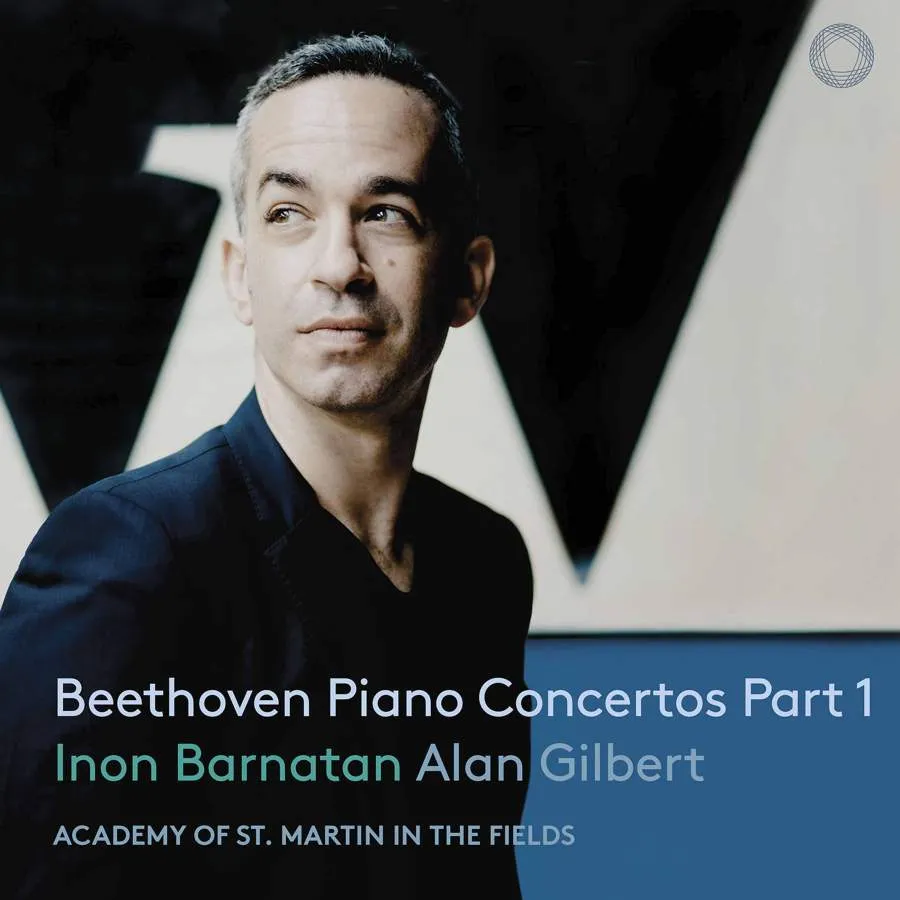
Beethoven Piano Concerto No. 1 in C major, Op. 15; Piano Concerto No. 3 in C minor, Op. 37; Piano Concerto No. 4 in G major, Op. 58; Triple Concerto, Op. 56* Inon Barnatan (piano); Stefan Jackiw (violin)*; Alisa Weilerstein (cello)*; Academy of St Martin in the Fields/Alan Gilbert Pentatone PTC 5186 817 145.36 mins
Bernard Levin once wrote that Beethoven’s music can have you believing that heaven really does exist on earth. The central strength of this first instalment of Inon Barnatan’s piano concertos cycle is that, time and again, it puts you in touch with that feeling of ongoing wonderment. Barnatan’s no-nonsense approach, at once classy and unaffected, has a way of directing the ear straight to the music’s heart, while the orchestra’s response to Alan Gilbert’s incisive conducting is a major asset in itself.
Barnatan has the top-flight musician’s gift of making things happen without getting in the way. Countless special moments include the mesmerising, time-standing-still sequence of trills leading out of the Third Concerto’s first-movement cadenza, or the Fourth Concerto’s quiet opening solo chord – played quite simply, yet somehow seeming to contain and present a complete musical world. There are eyebrow-raising situations too. The First Concerto’s connection with Mozart’s style is underlined maybe a little too much: the quick outer movements don’t convey enough of the sheer rhythmic impact which so startled Beethoven’s first listeners. In the Fourth Concerto, the slow movement’s dialogue between stern orchestral strings and calm piano doesn’t quite work: Barnatan’s playing sounds not so much unperturbed as coolly detached. And the Triple Concerto’s soloists make an odd threesome, with the heft of Weilerstein’s cello-playing seemingly on a different wavelength from Jackiw’s and Barnatan’s brand of handsome composure. None of these are major reservations, though, in the context of the stellar quality elsewhere.
Malcolm Hayes